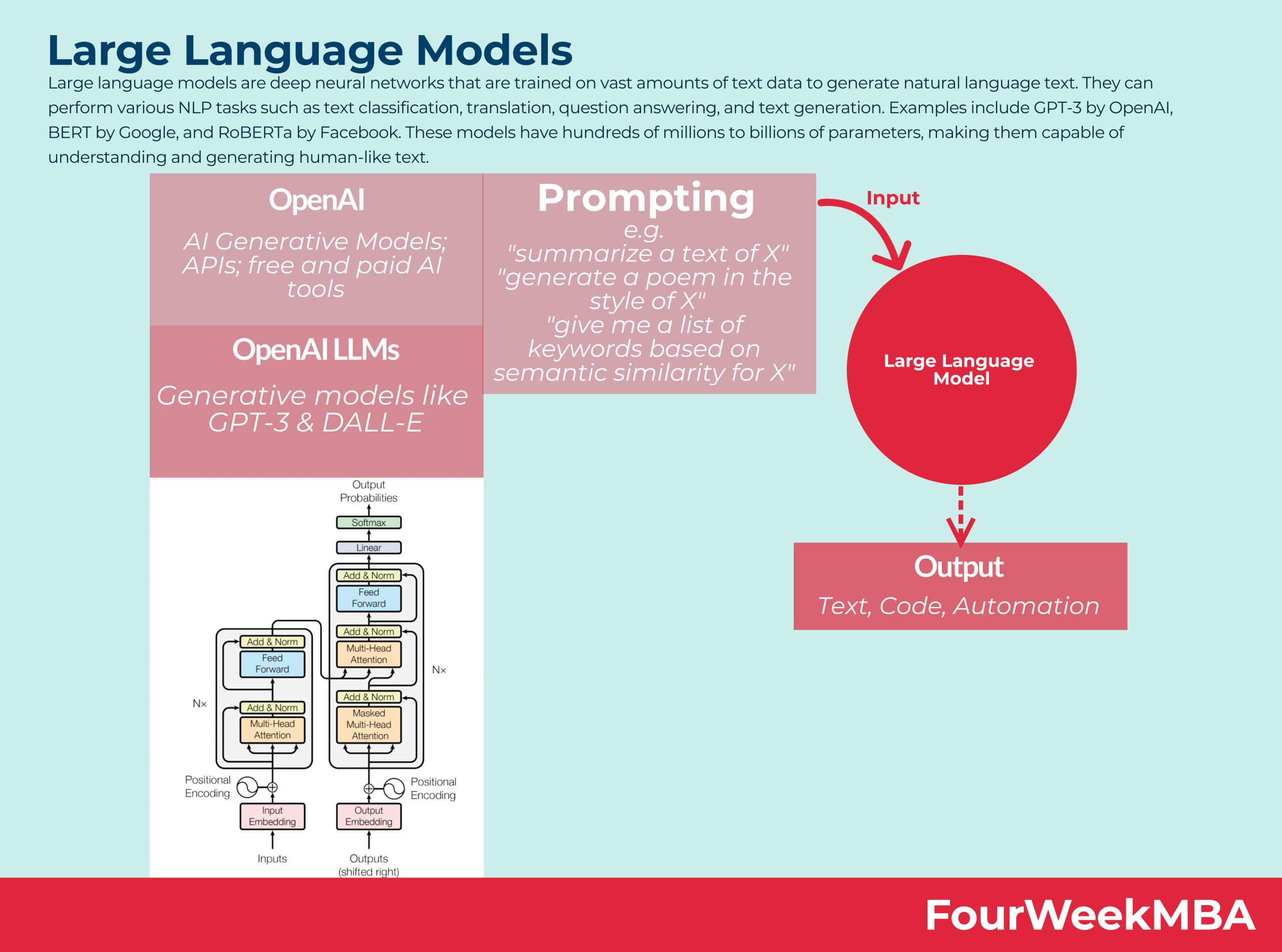
AI-Powered Language Models Reach New Heights of SophisticationAI-Powered Language Models Reach New Heights of Sophistication Artificial intelligence (AI) has revolutionized the field of language processing, with AI-powered language models reaching remarkable new levels of sophistication. These models, such as GPT-3 and BLOOM, have transformed various industries, including natural language processing, customer service, and content creation. Unprecedented Language Understanding AI language models have achieved an exceptional understanding of natural language. They can now comprehend complex sentences, engage in meaningful conversations, and even generate human-like text. This advanced language understanding has enabled them to perform tasks like text summarization, machine translation, and question answering with remarkable accuracy. Generative Capabilities One of the most impressive capabilities of AI language models is their ability to generate text. They can produce coherent and grammatically correct sentences, ranging from short summaries to full-fledged articles. This generative power has opened up new possibilities for content creation, allowing AI to assist writers, marketers, and journalists in their work. Contextual Awareness AI language models excel in understanding the context of text. They can analyze and comprehend the meaning behind words, phrases, and sentences. This contextual awareness enables them to generate responses that are both relevant and informative, making them invaluable in customer service and dialogue systems. Personalization and Customization AI language models can be customized to fit the specific needs of users and businesses. By training on relevant data, these models can learn the unique language style and tone of a particular industry or organization. This personalization enhances their effectiveness in tasks such as customer service, marketing, and knowledge management. Industry Applications The applications of AI language models are vast and varied. In natural language processing, they enable machine translation, named entity recognition, and text classification. In customer service, they provide automated assistance, resolve inquiries, and analyze customer sentiment. In content creation, they generate product descriptions, ad copy, and articles. Ethical Considerations As AI language models become more sophisticated, ethical considerations arise. It’s crucial to ensure that these models are used responsibly and transparently. Bias, privacy concerns, and the potential for misinformation are important ethical issues that need to be addressed. Conclusion AI-powered language models have reached new heights of sophistication, transforming the way we interact with and understand language. Their advanced language understanding, generative capabilities, contextual awareness, and industry applications make them invaluable tools that will continue to shape the future of technology and communication. As AI language models evolve, it’s essential to navigate the ethical considerations and use them responsibly to harness their full potential for the benefit of humanity.
Posted inNews